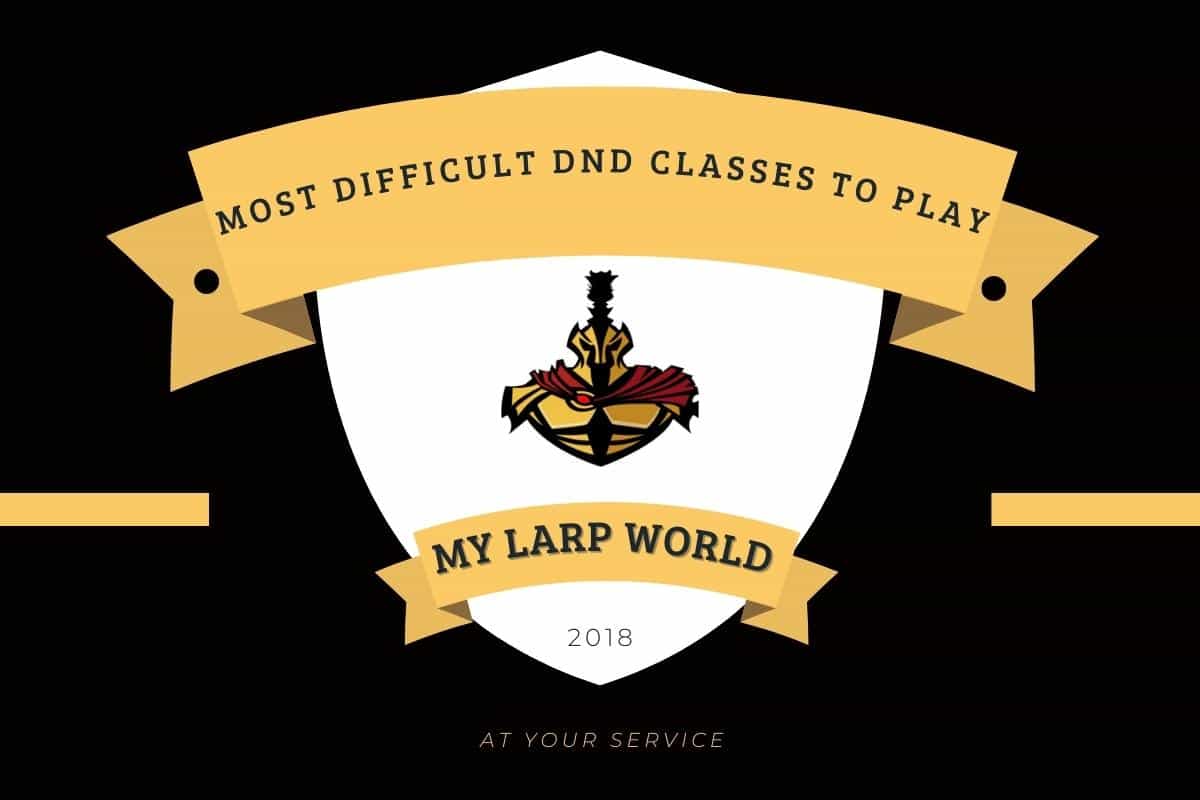There are a lot of different classes to play in DnD, and the classes differ from each other quite a bit. Some of the classes are very easy to get into as a beginner, while other classes are more complex. This leads to the question; what are the most difficult classes in DnD?
All the classes on this list are part of the Player’s Handbook. There are more classes in other books, but I’ve chosen to include the basic ones.
10. Paladin
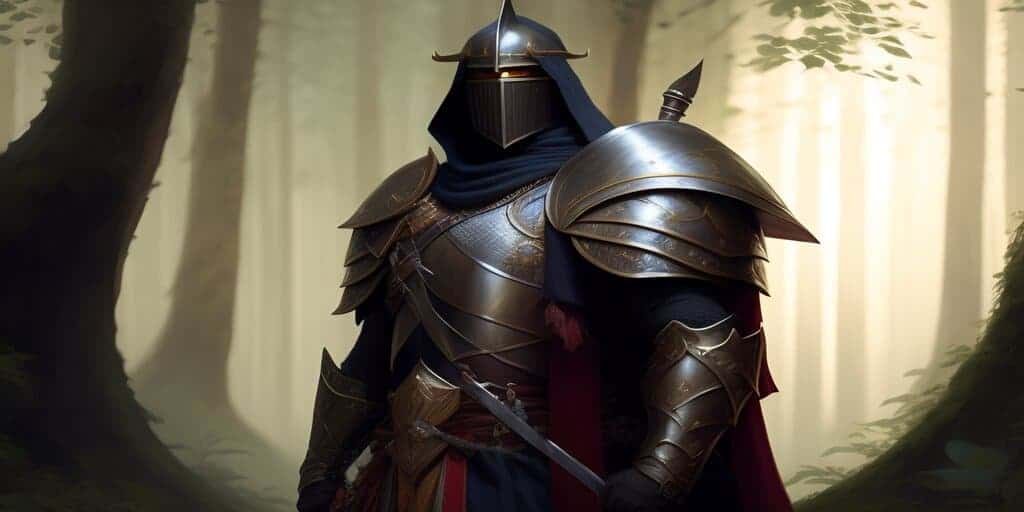
The easiest class for beginners on this list is the paladin, however, it is harder to play than the fighter and the barbarian. This fact stems from a couple of things.
The paladins’ relative difficulty depends on the fact that they are a hybrid class, which might complicate things for new players. Paladins primarily rely on martial skills, but they also have some spells.
Once you get the hang of paladins’ spells, they get remarkably easier, however. All-in-all, paladins are a moderately hard class with a bit of a learning curve.
Read more: What Are The Least And Most Played Classes In DnD?
9. Ranger
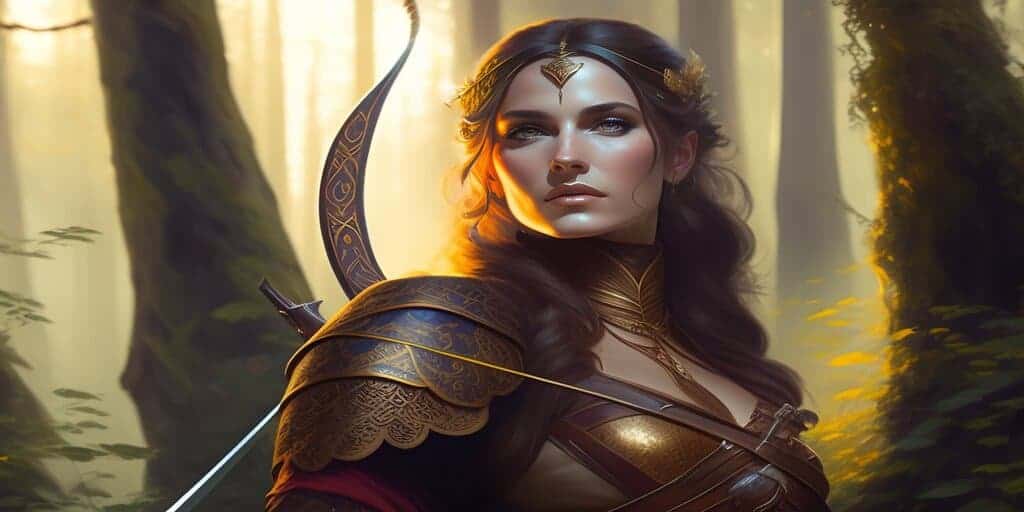
The ranger and paladin are comparable in difficulty, and the placing of the two classes is therefore somewhat arbitrary.
The rangers’ out-of-combat abilities such as tracking can be very lackluster. They have, depending on players’ builds’, a lack of magic abilities. As such, you have to be good at using the abilities of the ranger to get the best value out of them, which makes the class harder than the classes mentioned earlier (fighter, barbarian).
The ranger isn’t a terrible starting class for new players but they have some inherent problems which make them a bit complicated to play.
8. Rogue

Rogues are a very popular choice for new players, for good reason. Rogues are awesome, and the options for making a cool character are big.
Although they’re super popular, I don’t necessarily think that rogues are one of the optimal classes for ease of use. They lack magic spells and damage, and without a good fundamental understanding of the combat system in DnD, rogues can be challenging.
Sneak attack is a rogues core mechanic. This is a pretty complicated ability, and players will have to make good use of it to have good results in combat. Depending on the DM, you have to play your cards right and not give up your position in combat.
Lockpicking can be very useful out of combat, and in the right party composition rogues can be very effective in combat. Ultimately, they are less straightforward than paladins and rangers which makes them a harder class to play.
7. Warlock
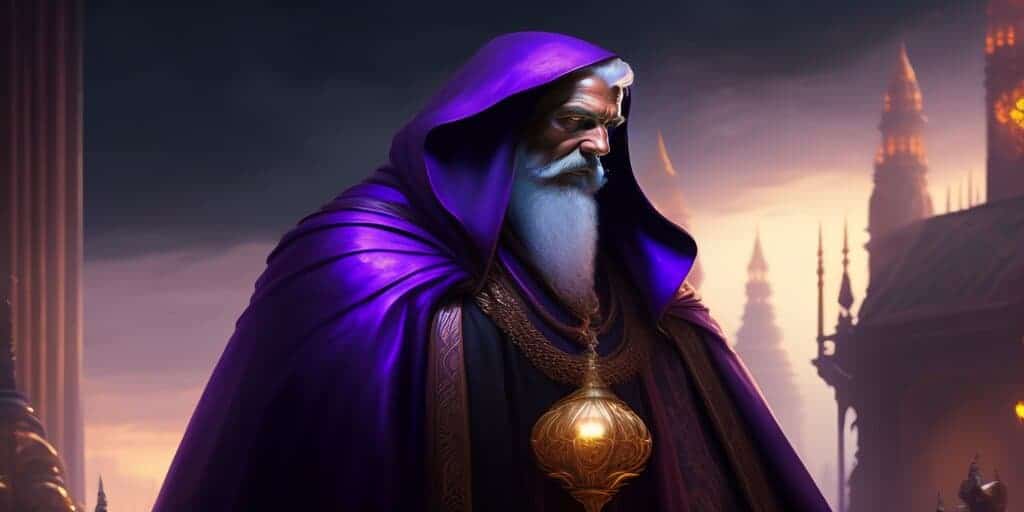
Warlocks are spellcasters, and with spellcasters come a bunch of spells to keep track of. They have fewer spells than say a wizard, which makes them the easiest spellcaster to play in my opinion.
The true difficulty in playing warlocks is knowing when you should cast your spells. This, like the former class on this list, requires fundamental knowledge of the class. Don’t worry, you’ll get the hang of it in the end, but it can be confusing in the beginning.
Spellcasters are in my opinion just more complicated to play than other classes (barbarians, fighters, rangers, etc.) and that’s ultimately why warlock is placed higher in difficulty on this list.
6. Cleric

The cleric is a unique class. Clerics come with excellent utility and many options regarding playstyle, which means an increase in difficulty.
The cleric has a spell called divine intervention, which needs to be used in the correct situation. Using the spell effectively isn’t the easiest thing, which is another thing that makes cleric a bit more difficult.
The most common role for clerics to play is that of the primary healer. You will probably be responsible for keeping your party alive in dire situations, and this can come with some unwanted responsibility for newer players.
5. Sorcerer
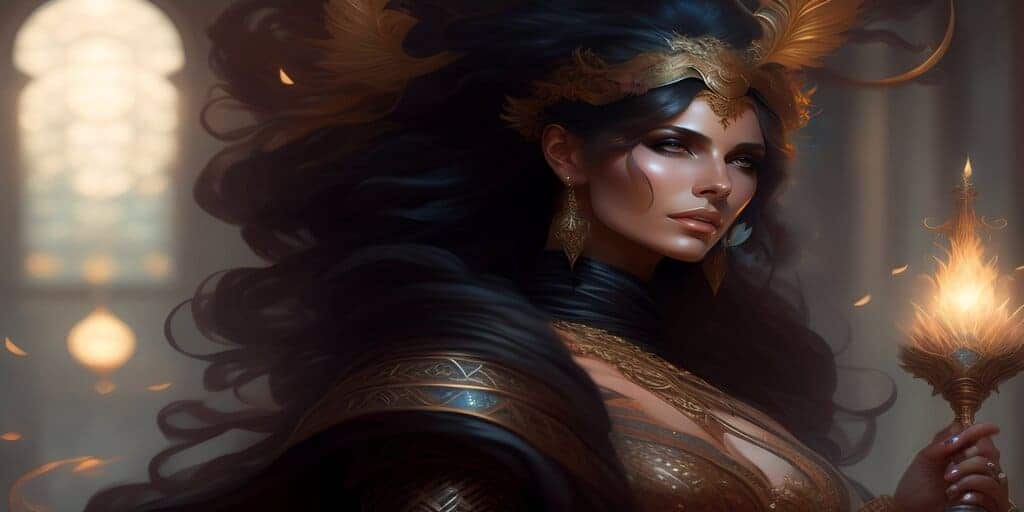
Sorcerers are spellcasters with unique spell mechanics. This means that they come with the same problems as the warlock but multiplied because of more spell options.
Sorcerers use a mechanic called metamagic. Metamagic basically provides more options for spellcasting, which is not ideal for new players. In my experience, it’s easy to get caught up in the mechanics when fighting which can get overwhelming.
I would advise you to follow a guide if you’re going to play a sorcerer as a new player, that way you can avoid picking unsuitable spells as you level.
A good rule for new players concerning classes is less information the better, and sorcerers can be tricky to get the hang of.
4. Monk

The monk is not necessarily as complex and overwhelming as some of the above classes, but their difficulty lies in their power level. They are arguably one of the least powerful classes in DnD.
Monks have lackluster damage. They can become strong in one area of combat, but as a consequence, they become decidedly weaker in others. The balancing is certainly questionable when it comes to monks.
Monks rely on the unique resource “ki”. When monks cast abilities in combat, they cost ki. Ki is also considered to be questionably balanced, and it’s not easy to optimize your resource management in combat.
3. Druid
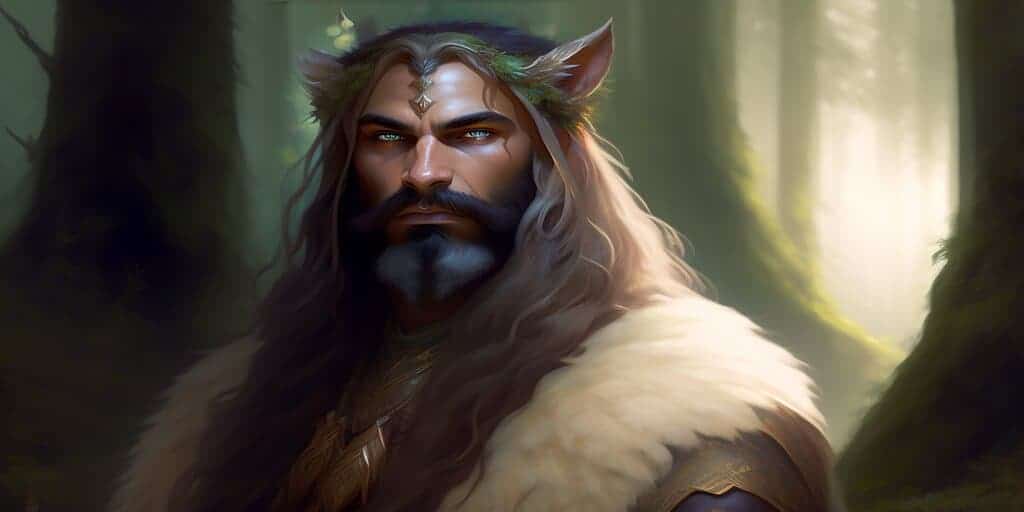
The druid is another caster class. This inherently means more decisions and more spells, which is generally harder.
Druids have the ability to cast wild shape, and this allows druids to turn into different animals. Knowing what animal to pick and knowing the abilities of the different animals is not simple. It’s easy to get information overload.
A lot of the wild shape forms have really good utility outside of combat, but they can be underwhelming when it comes to damage. Wild shape also depends on knowledge of combat rating (CR), which presents more complexity.
A spellcaster with a lot of options plus lackluster damage makes for a difficult class to play as a beginner.
2. Bard

A lot of the classes mentioned in this article so far have touched on the fact that versatility in spells and utility equals a higher difficulty. The bard takes a high placing on this list following that same logic. They are probably the most versatile class in DnD.
Bards can fill multiple roles in your party. My tip is to use your bard to round out eventual weaknesses your party has. Bards are oftentimes played as supports, an archetype that is not very beginner-friendly and quite difficult.
Another part of being a good bard is when to cast your core mechanic, bardic inspiration. It’s a super good ability that gives a target creature or player a bardic inspiration die to use for ability, attack, or save rolls.
This might seem strange, but the roleplaying of a bard is sometimes hard to pull off. It’s way too easy to be an over-the-top casanova and kind of hard to develop a unique identity if you’re not.
1. Wizard

Wizard is in my opinion the most difficult class in DnD, especially for new players. They have some weaknesses that you have to cover effectively, and they have easily the most spells out of all classes.
Wizards are like a couple of other high-placing classes on this list very versatile, which means that they can fill many roles. As I have mentioned earlier, this provides players with a boatload of options that can be complicated.
Wizards have six spells from level 1, and as you level you get more and more. This means that it can be overwhelming if you aren’t prepared to read a lot about them. Furthermore, wizards have to prepare new spells each day.
Preparing spells each day can be tricky, since figuring out the right combinations for the activities of the said day isn’t always obvious. Wizards are also very squishy, meaning they die easily.
Wizards have very low armor class and low hp, which means that if enemies get in melee range of you, you’re in big trouble. This means that good positioning is pivotal with wizards.
All of the above facts pooled together make wizards the hardest class to play and certainly start out with. Now, there is not a single class in DnD that you can’t learn, and this should more or less serve as a guide for newer players who don’t want to get overwhelmed when they first start playing DnD.
The wizard is far from an impossible class to learn or even be efficient with, it’s just that the effort that it takes to get there might be a step above some of the less complex classes in DnD.
In the end, what class you pick should come down to what you want to play, and just take it from there. You’ll eventually learn to play the class efficiently and be happy that you picked a class that felt right!

